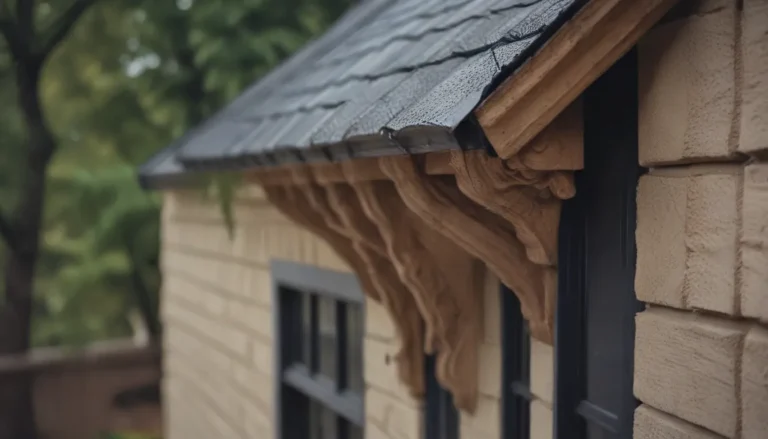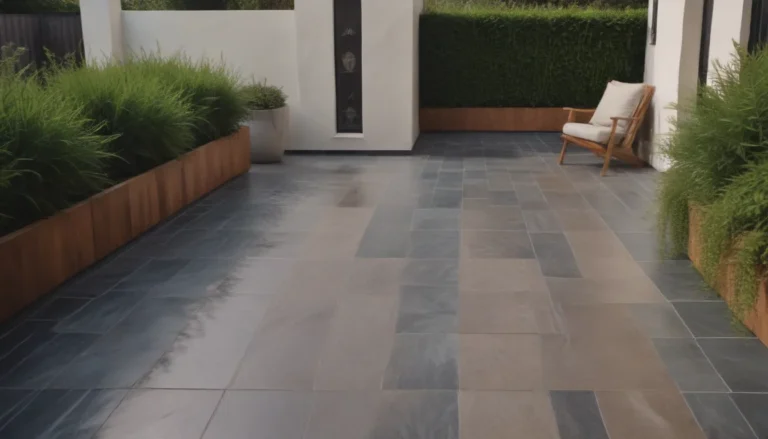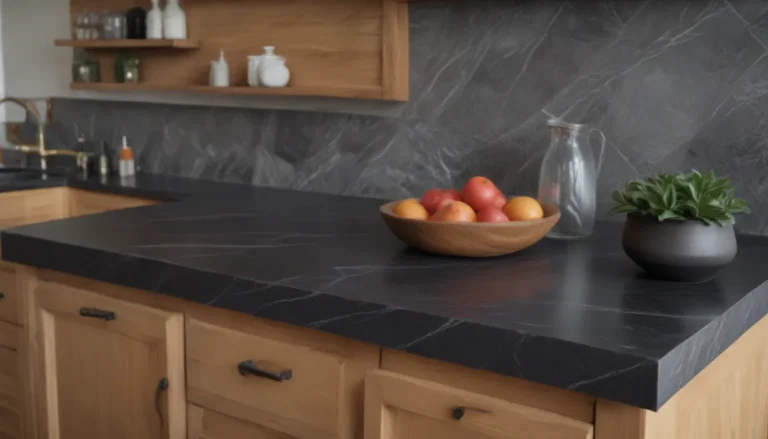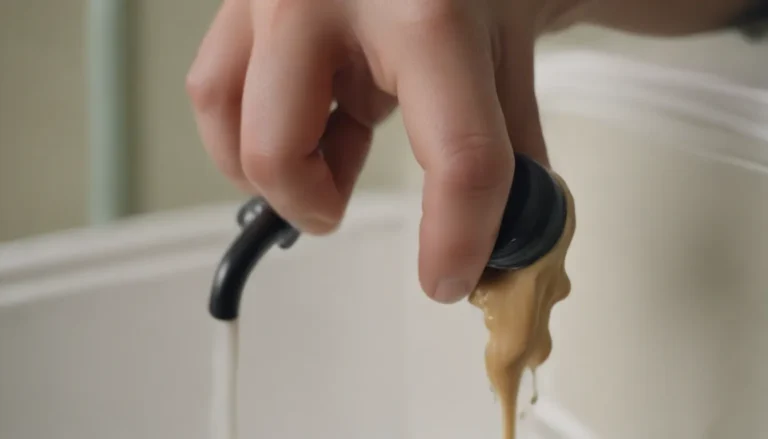A Comprehensive Guide to Choosing the Right Flooring for Your Home
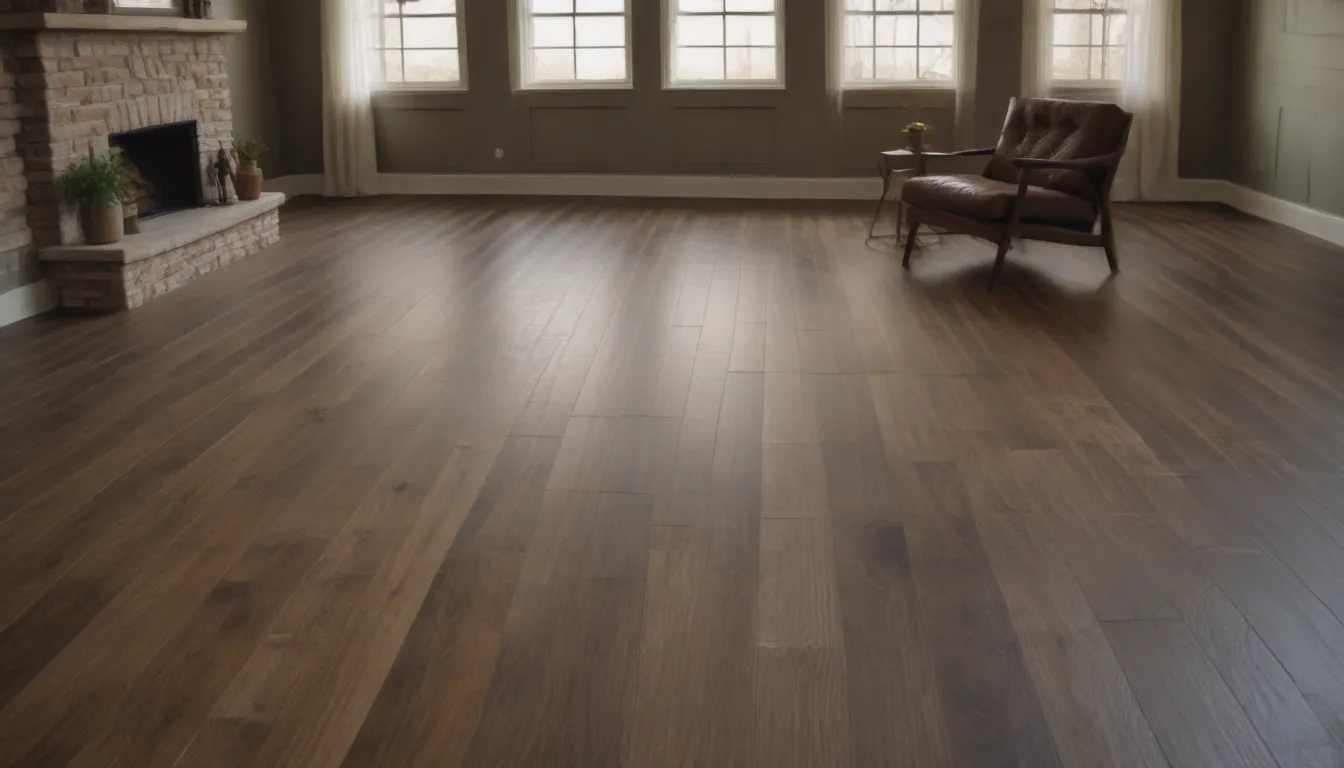
Choosing the perfect flooring for your home is a crucial decision that can greatly impact the overall look and feel of your space. With so many options available, it can be overwhelming to determine which type of flooring is best suited for your needs. Each flooring material comes with its own set of pros and cons, making it essential to carefully consider factors such as budget, aesthetic preferences, durability, and maintenance requirements. In this comprehensive guide, we will explore 10 different types of flooring, outlining the benefits and drawbacks of each to help you make an informed decision for your home renovation project.
Hardwood Flooring
Best for: Entire home minus wet environments
Hardwood flooring is a classic and timeless choice that has been a popular option for homeowners for many years. Known for its durability and beauty, hardwood flooring can last for generations with proper care and maintenance. While oak is the most commonly used hardwood species, options like cherry and maple are also popular choices. Hardwood flooring can be customized with different patterns and finishes to suit your personal style.
Pros:
– Beautiful appearance
– Durable
– Low maintenance
– High return on investment
– Refinishing options
Cons:
– Sensitive to moisture
– Expensive
– Not ideal for pets
– Prone to scratches
Laminate Flooring
Best for: Bathrooms, kitchens, basements, whole home
Laminate flooring is a cost-effective alternative to hardwood flooring that mimics the look of wood, stone, or tile at a fraction of the cost. This type of flooring is durable, scratch-resistant, and easy to maintain, making it an attractive option for high-traffic areas in your home. Laminate flooring is available in a wide range of styles and designs to suit any aesthetic preference.
Pros:
– Affordable
– Durable
– Moisture-resistant
– Easy to install
Cons:
– Cannot be refinished
Vinyl Flooring
Best for: Bathrooms, kitchens, basements, whole home
Vinyl flooring is a versatile and budget-friendly option that is ideal for households with children and pets. Available in various forms such as sheet vinyl, vinyl tiles, and luxury vinyl planks, this type of flooring is water-resistant and easy to install. Vinyl flooring is a practical choice for areas that are prone to moisture and spills.
Pros:
– Water-resistant
– Affordable
– DIY-friendly install
Cons:
– Cannot be refinished
– Not eco-friendly
Tile Flooring
Best for: Kitchens, bathrooms, commercial use, laundry room
Tile flooring is a popular choice for high-traffic areas due to its durability and easy maintenance. From large-format tiles to penny tiles, there are endless design options available to suit any style preference. While tile flooring is resistant to water and stains, it can feel cold and hard underfoot.
Pros:
– Highly durable
– Water-resistant
– Low maintenance
Cons:
– Expensive, especially professional installation
– Hard underfoot feeling
– Can feel cold
Bamboo Flooring
Best for: High-traffic areas, whole home, commercial use
Bamboo flooring is a sustainable and durable alternative to hardwood flooring that offers a unique aesthetic appeal. While technically a grass, bamboo flooring is comparable to wood in terms of durability and maintenance. However, it is sensitive to moisture and prone to scratching.
Pros:
– Eco-friendly
– Low maintenance
– Durable
Cons:
– Sensitive to moisture
– Prone to scratches
Carpet
Best for: Bedrooms, hallways, playrooms
Carpet is a comfortable and affordable flooring option that is perfect for bedrooms, hallways, and playrooms. While carpet provides a soft underfoot feeling and reduces noise, it is prone to staining and can attract allergens.
Pros:
– Comfortable underfoot
– Dampens sound
– Affordable
Cons:
– Attracts allergens
– Stains easily
Stone Flooring
Best for: High-traffic areas, kitchens, bathrooms, outdoors
Stone flooring is a luxurious option that can elevate the look of your home. While durable and easy to clean, some types of stone flooring can be prone to staining and feel cold underfoot. Natural stone flooring like marble, travertine, slate, limestone, and granite adds a touch of sophistication to any space.
Pros:
– Durable
– Can be used outdoors
– Deters allergens
Cons:
– Expensive
– Can be cold
– Some varieties stain easily
Concrete Flooring
Best for: High-traffic areas, whole home, commercial use
Concrete flooring is a low-maintenance and durable choice for high-traffic areas in your home. While concrete floors may not be the most aesthetically pleasing option, they can be customized with area rugs and furnishings. However, concrete flooring can feel cold and may stain easily if not properly sealed.
Pros:
– Durable
– Low maintenance
– Affordable
Cons:
– Can be cold
– Hard underfoot
– Prone to staining
Cork Flooring
Best for: Bathrooms, kitchens
Cork flooring is a unique and eco-friendly option that offers a comfortable and sound-dampening surface. While naturally pest-resistant and easy to install, cork flooring requires regular sealing to maintain its durability.
Pros:
– Naturally pest-resistant
– DIY-friendly install
– Comfortable underfoot
Cons:
– Tends to fade
– Requires sealing
– Poor durability
Linoleum Flooring
Best for: Bathrooms, kitchens
Linoleum flooring is a durable and budget-friendly option that is available in a wide range of styles and colors. While highly resistant to wear and tear, some varieties of linoleum can be prone to denting and yellowing over time.
Pros:
– Highly durable
– Many styles available
– Eco-friendly
Cons:
– Some varieties can dent easily
– Sensitive to prolonged water exposure
– Some varieties yellow over time
Choosing the Right Flooring for Your Home
When selecting the right flooring for your home, it is important to consider your budget, lifestyle, and design preferences. Whether you are renovating a kitchen, bathroom, or basement, it is essential to choose a flooring material that can withstand moisture and water exposure. If you are looking for a cozy and timeless option, hardwood flooring is a classic choice that adds warmth and elegance to any space. For a budget-friendly and easy-to-maintain option, vinyl flooring is a practical solution that offers durability and versatility.
Natural stone flooring like marble and granite adds a touch of luxury to high-traffic areas, while concrete flooring is a durable and low-maintenance option for commercial spaces. Carpet provides comfort and sound insulation in bedrooms and hallways, but it is important to consider its susceptibility to staining and allergens. Cork flooring is a unique and eco-friendly choice that offers a soft and warm surface, perfect for bathrooms and kitchens.
In conclusion, the key to choosing the right flooring for your home is to match the material with your specific needs and preferences. Whether you opt for hardwood, laminate, vinyl, tile, bamboo, carpet, stone, concrete, cork, or linoleum flooring, each option has its own advantages and drawbacks. By carefully evaluating the pros and cons of each type of flooring and considering factors such as durability, maintenance, and aesthetics, you can select the perfect flooring that will enhance the beauty and functionality of your home for years to come.

